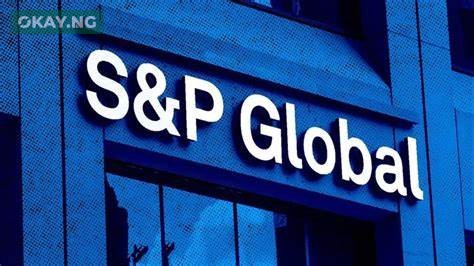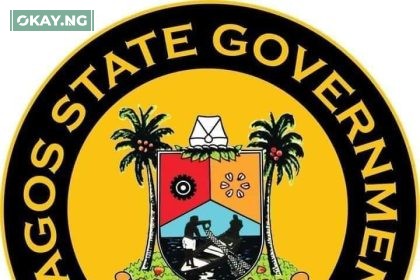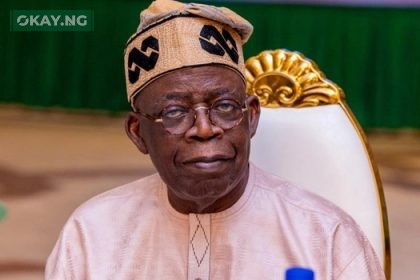Despite several price reductions on Premium Motor Spirit (PMS), commonly known as petrol, by the Dangote Petroleum Refinery, its pricing strategy is under scrutiny as it continues to incentivize the importation of refined petroleum products into Nigeria, according to a recent report by S&P Global. This revelation comes amidst a noticeable price war in the downstream sector, triggered by the refinery’s earlier price slashes.
The Dangote refinery, boasting a 650,000 barrels per day capacity, had progressively reduced its petrol price from approximately N1,100 per litre in September 2024 to N860 in March 2025. However, this downward trend reversed following the suspension of the naira-for-crude oil exchange agreement with the Nigerian government.
S&P Global’s analysis points out that while global crude oil prices have seen a significant drop, the Dangote refinery’s reduction in its gantry prices for truck volumes has not mirrored this decline substantially. This pricing disparity, the report suggests, is creating an attractive environment for international traders to ship petroleum products to West Africa, where domestic prices remain relatively high.
“Between April 1 and April 9, the Eurobob M1 swap, a benchmark for European gasoline, fell by a substantial 17.9 per cent. In contrast, Dangote’s truck price at the gantry saw a marginal decrease of just 1.7 per cent during the same period,” the S&P Global report stated, citing data from the Major Oil Marketers Association of Nigeria (MOMAN) retail organisation. This discrepancy, according to the report, has fueled a “flood of products to West Africa.”
Interestingly, the Dangote refinery further reduced its gantry price to N835 per litre on Wednesday, advising its key partners to retail petrol at N890 per litre in Lagos. This move has intensified the competition among fuel marketers.
However, some filling station in Lagos have already undercut Dangote’s recommended price, selling at N878 per litre. Major marketers such as Heyden are retailing at N885, while MRS aligns with Dangote’s suggestion at N890. However, some partners of the refinery, along with stations owned by the Nigerian National Petroleum Company Limited (NNPCL), are still selling around the N910 to N920 range.
Adding another layer to the dynamics of the global fuel market, S&P Global highlighted an unusual shift in European gasoline export patterns. Traditionally, the summer driving season sees increased exports from Europe to the United States Atlantic Coast (USAC). However, in 2025, the threat of tariffs from the US and profitable arbitrage opportunities in West Africa have reversed this trend.
“Large volumes are presently set to arrive in West Africa’s Offshore Lome hub, while the USAC has been demanding more limited flows amid demand-side fears and tariff threats,” the report noted. Ship-tracking data indicates that a substantial 4 million metric tonnes of petrol is projected to arrive in West Africa by April 27, a two-year high.
This surge in imports is further evidenced by data showing that traders imported a significant 156.897 million litres of petrol into Nigeria within just eight days, from April 8 to 16.
Read Also: Dangote Refinery Launches Refund Initiative, Tackles Fuel Price Gouging
Meanwhile, Farouk Ahmed, the Chief Executive of the Nigerian Midstream and Downstream Petroleum Regulatory Authority (NMDPRA), recently disclosed a substantial decline in Nigeria’s daily petrol imports, plummeting from 44.6 million litres in August 2024 to 14.7 million litres in April 2025. This decrease, while significant, suggests that despite the Dangote refinery’s production, import activities remain a notable factor in the Nigerian fuel market.
The interplay between the Dangote refinery’s pricing strategy, global oil market dynamics, and government policies like the naira-for-crude deal will continue to shape the cost of petrol for Nigerians. As the price war intensifies, the ultimate beneficiaries will likely be the consumers, provided that a stable and competitive market environment is sustained.













